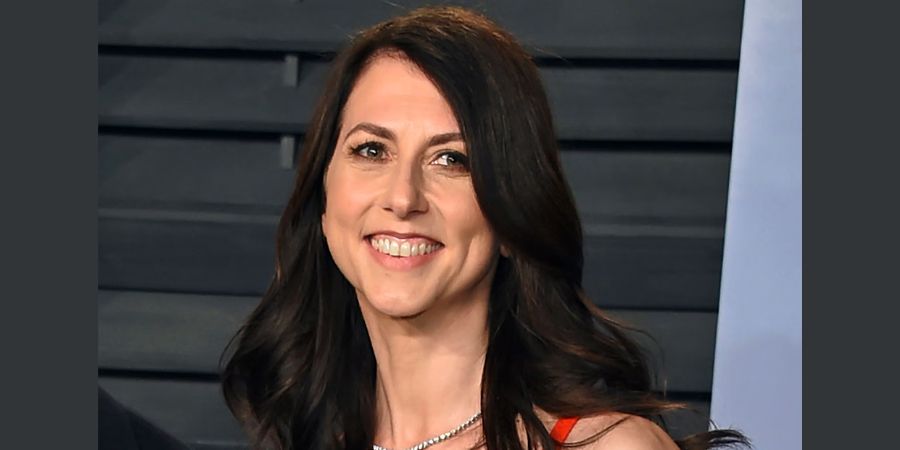The charitable giving landscape is being a huge benefactor to the shaping of Mackenzie Scott, the billionaire philanthropist and former wife of Amazon founder Jeff Bezos. Scott’s latest act of generosity saw her donating a total of $19 billion from her $35,6 billion fortune in unrestricted grants, thus limiting institutional controls related to her statement about empowering organizations to act.
Scott’s way of giving to charity is strikingly unconventional. Instead of prescribing strict criteria or stuffing the grantees with detailed reporting requirements, she allows the grantees to take full responsibility for the funds. This approach, which does not conform to the common patterns in philanthropy, is a result of the fact that her conviction is that entities working at the local level are the ones that know their needs better than anyone else. Scott makes sure that her donations create an instant and striking effect by not introducing administrative barriers.
Over the years, with generous giving, she has supported a multitude of causes, such as education, healthcare, as well as social justice and economic empowerment. Besides, she has distributed millions to historically Black colleges and universities (HBCUs), women-led nonprofits, and community-based organizations dealing with systemic inequities in the last twelve months. These donations with no strings attached empower the beneficiaries not only to invest resources in their most needed area but also to buy out for operational costs, hire new personnel for expansion or respond to emergencies.
A like-minded Jenna Scott for good cause was instantaneously intensified by the divorce of a woman that ended in 2019, which was the one she received a large part of Jeff Bezos‘s wealth from Amazon. In her endeavor to do charity work with her capital, Jenna signed the Giving Pledge, which is about billionaires donating most of their earnings to the benefit of the community. Be aware, however, Jenna, unlike the majority of signatories of the Giving Pledge, does not set up foundations with long-term goals. Rather, she gives away the money quickly and irresponsibly and aims at making more sensible things happen immediately.
It’s a combination of how incredibly massive her donations are and the way she moves that makes her a standout. She despises the public eye, and she only announces her contributions after they have been given, so she also did not initiate her own charitable fund. Together with her team who are focused on very detailed research, they identify very effective institutions that make sure the money gets to the people who bring about real change.
As the eyes of the charity world are set on her, the strategy of Scott not just encourages but also challenges. With her decision to give money to entities without conditions, it is Sheila who interpreted charity differently by showing that enabling those who make changes is more efficient rather than imposing rules and regulations from the top down. Not only does her altruism empower the most important social projects but it also opens the way for a more flexible, trust-based approach to philanthropy through which the impact is given priority over the control.
Read Also: Sony Pictures Ravi Ahuja to Take Over as CEO in 2025




